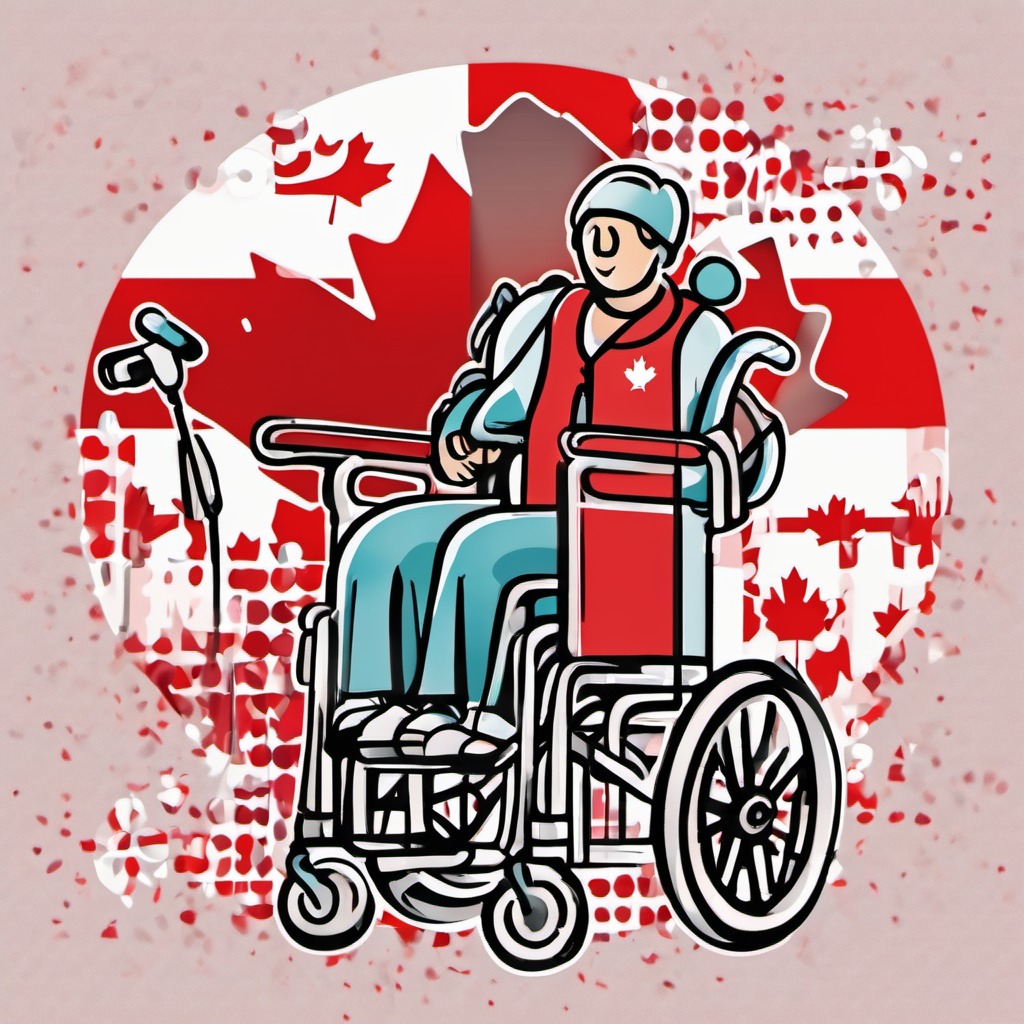In a groundbreaking move, Canada is set to introduce enhanced caregiver pilot programs, replacing the existing Home Child Care Provider Pilot and Home Support Worker Pilot. The new programs will grant permanent resident status to home care workers upon arrival, eliminating the need for Canadian work experience. This significant change aims to improve support for caregivers and provide quality care for families.
Effective June 17, the revamped pilots will allow caregivers to work for organizations providing temporary or part-time care for individuals who require assistance. This expansion of eligible employers will help address the growing demand for caregivers in Canada.
To qualify for the new pilot programs, caregivers must meet the following criteria:
Achieve a minimum language proficiency of CLB 4
Hold a Canadian high school diploma equivalent
Possess recent and relevant work experience
Receive a full-time home care job offer
Notably, the eligibility requirements have been relaxed compared to the previous pilots, which demanded a CLB 5 and a year of Canadian post-secondary education (or foreign equivalent). The work experience requirement will be announced closer to the full launch, providing more opportunities for caregivers to qualify.
Immigration Minister Marc Miller emphasized the vital role caregivers play in supporting Canadian families, stating, “Our programs need to reflect their invaluable contributions.” The new pilots aim to improve support for caregivers and provide quality care for families.
Canada’s Caregiver Landscape
According to the 2024-2026 Immigration Levels Plan, over 15,000 new permanent residents are expected to arrive through caregiver programs. Since 2019, approximately 5,700 caregivers and their family members have become permanent residents. This influx of caregivers will help address the growing demand for care services in Canada.
As Canada’s population ages, the demand for caregivers is increasing. With over nine million Canadians expected to retire in the next six years, the need for caregivers will only continue to grow. This demographic shift will result in a significant increase in the number of individuals requiring care, making the caregiver pilot programs a crucial component of Canada’s immigration strategy.
A recent report by the Canadian Centre for Caregiving Excellence highlighted pressing needs in the caregiving sector, including:
Many caregivers are over 65 and may require care themselves
Nearly one in five caregivers are over the age of 65
Senior caregivers are least likely to access services or supports to help with their responsibilities
Furthermore, families require childcare providers as more women enter the workforce. Statistics Canada data from 2023 found that:
The labour force participation rate for women aged 15 years and older and all education levels grew from 58.5% in 1990 to 61.5% in 2022
The rate for men declined from 76.1% to 69.5% over the same period
The new caregiver pilot programs mark a significant step forward in recognizing the essential contributions of caregivers and addressing the growing demand for quality care in Canada. By providing permanent resident status upon arrival and expanding eligible employers, Canada is demonstrating its commitment to supporting caregivers and the families they serve.
As the country moves forward with these enhanced pilot programs, it is essential to continue monitoring the caregiver landscape and making adjustments as needed. By doing so, Canada can ensure that its immigration policies align with the evolving needs of its citizens and the caregivers who support them.



